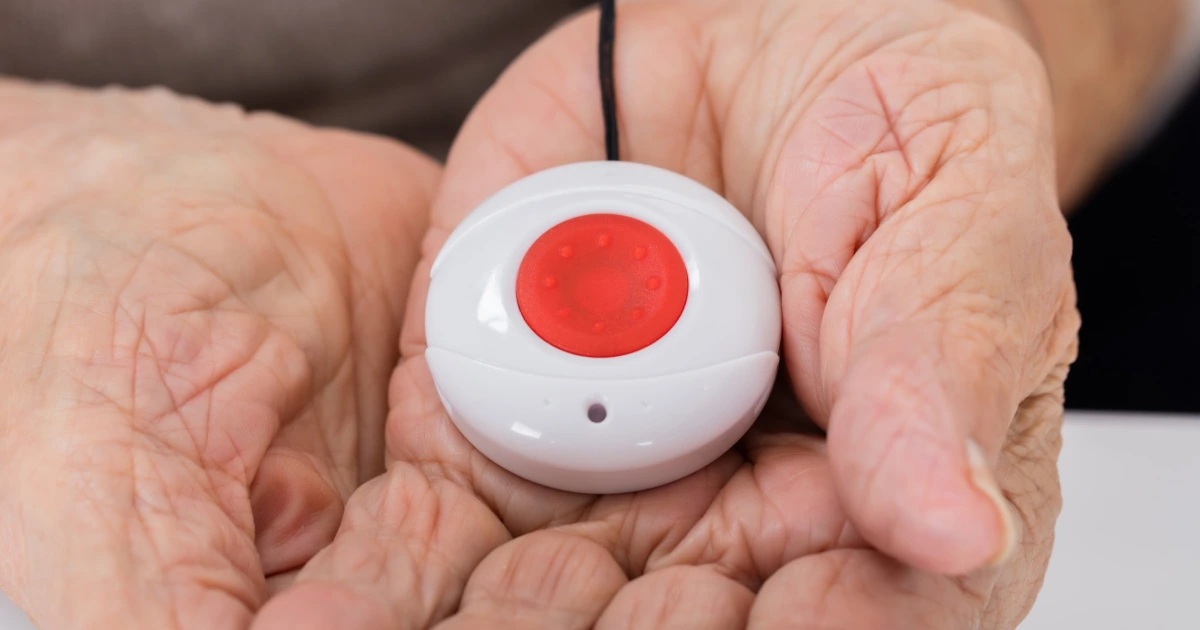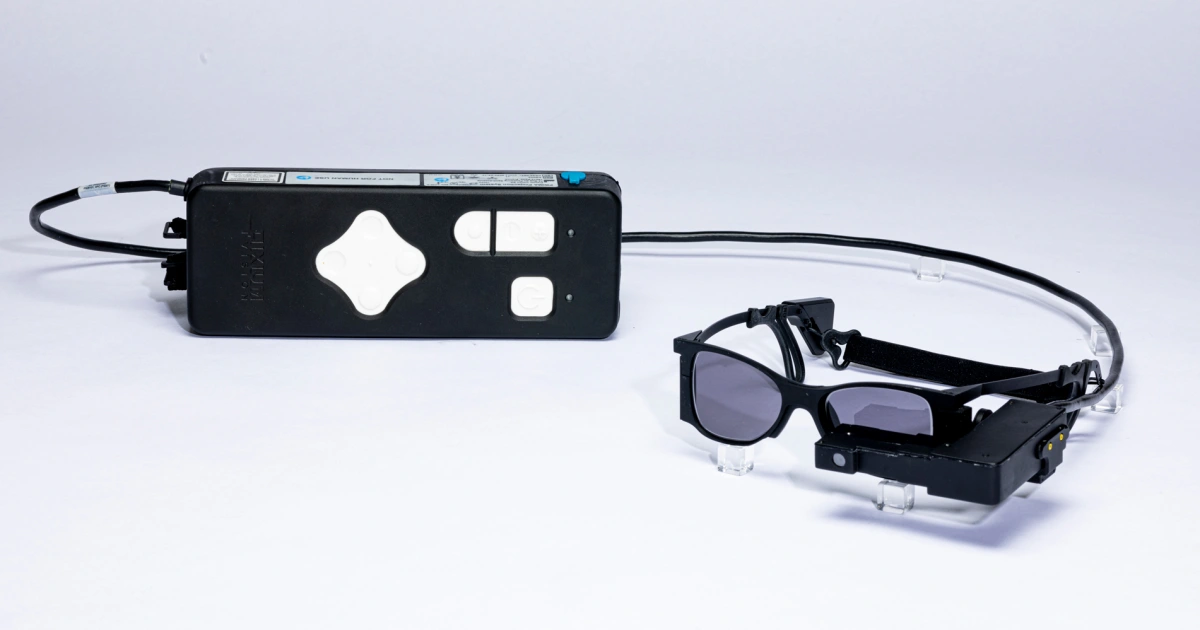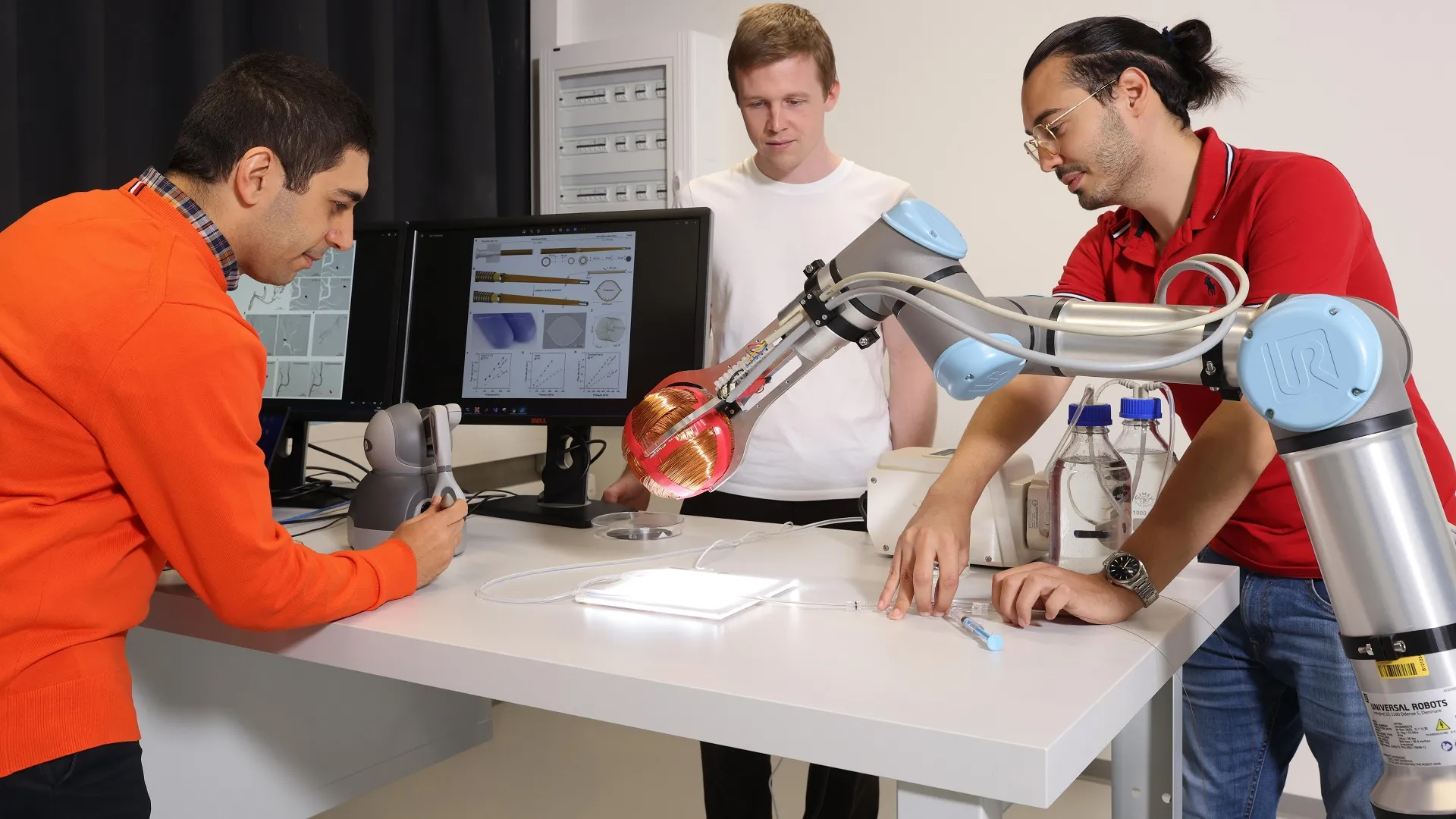Copyright NBC News

A reliable medical alert system can provide peace of mind and independence for adults aging in place, recovering from surgery and more. These systems allow quick access to medical help, friends or family in an emergency. We explain how medical systems work and what to look for when shopping for one below. What are medical alert systems? Medical alert systems allow people to quickly connect with medical help, says Dr. Christopher Gold, an internal medicine physician and assistant professor of medicine at Icahn School of Medicine at Mount Sinai West. They’re typically a home console, pendant or wristband with built-in speakers and microphones that connect to a trained operator when activated. The operator can assess the situation and decide whether to call emergency services, notify family members or both, says Gold. Medical alert systems can provide extra security for older adults, people living alone or anyone prone to falls, and can increase their sense of autonomy and security, says Gold. “Most importantly, it reduces the risk of someone being left on the floor for hours and gives both the individual and their loved ones peace of mind that support is always within reach,” says Gold. How we picked medical alert systems Medical alert systems vary in size, shape and complexity. We selected options keeping the following advice in mind: Type: There are two main types of systems: home-based and cellular. Home-based systems use a base station that plugs into a wall outlet and connects via landline or cellular. They usually include a wireless device, like a necklace or fob, that works within a certain range of the base station, says Gold. Cellular systems, on the other hand, are portable fobs, necklaces or watches that connect to a cellular or GPS network, and can be used to call for help wherever you go. We include recommendations for both types of systems. Price: Medical alert systems almost always have a recurring monthly fee. Some systems also come with upfront costs to purchase the equipment. Features like automatic fall detection or a remote caregiver app access may cost extra on top of base fees, says Gold. We only included options with clear pricing plans readily available online. Extra features: Some medical alert systems come with features like automatic fall detection, water resistance or a long battery life, which can be useful depending on your needs. Want more from NBC Select? Sign up for our newsletter, The Selection, and shop smarter. Medical alert systems to consider in 2025 Our top picks come from brands like Bay Alarm Medical and Lifefone. We list technical details and features under the “What to know” dropdown below each product recommendation. Best all-in-one This system from Bay Alarm Medical is a great option for more active people who are out and about often. The main alert device, the SOS All-in-One 2, is about as big as a wireless earbud charging case, and can be used at home or on the go. It connects to AT&T’s cellular network (like a smartphone), has built-in GPS, is IP67 dust and waterproof and gets up to 72 hours of battery life on a single charge. It syncs with the Bay Alarm Medical app, and caregivers can check live location and location history. The version linked above also comes with automatic fall detection and a wearable button, so you can activate the main device from a necklace or wristband. Best at-home At-home medical alert systems tend to be more affordable than on-the-go ones. Case and point: this option from Lifefone has the lowest fees of all our recommendations. It comes with a base unit and a help button that works up to 1,300 feet away from the unit. Pressing either will place a call to Lifefone’s operators, but only the base station has two-way speakers to communicate on. This version works off AT&T cellular service — anyone with spotty coverage could also consider the landline version. Best smartwatch-like device This is a smartwatch-like medical alert system you wear on your wrist. It uses cellular and GPS connectivity and has two-way speakers built in, meaning you can use it wherever you go, not just around the house. It also has a built-in heart rate monitor and step-tracking, similar to a fitness tracker. Similar to those devices, though, it needs to be charged often. Meet our experts At NBC Select, we work with experts who have specialized knowledge and authority based on relevant training and/or experience. We also take steps to ensure all expert advice and recommendations are made independently and without undisclosed financial conflicts of interest. Dr. Christopher Gold, DO, is an internal medicine physician and an assistant professor of medicine at Icahn School of Medicine at Mount Sinai West. Why trust NBC Select? I’m a reporter at NBC Select who covers health, technology and fitness including stories on over-the-counter hearing aids, air purifiers and fitness trackers. For this piece, I spoke with a medical professional to better understand medical alert systems, including how they work and their potential benefits.



